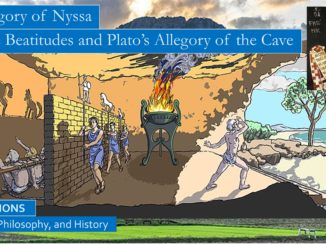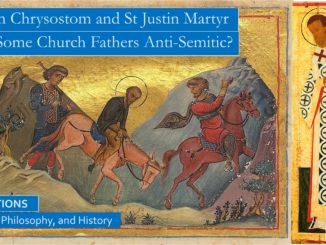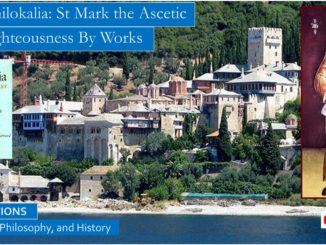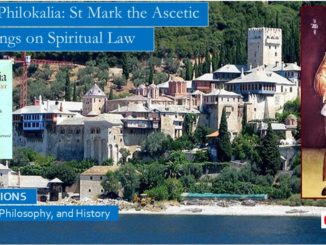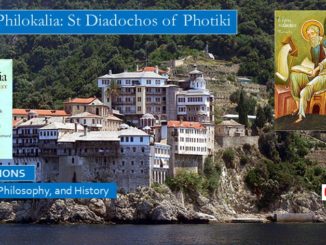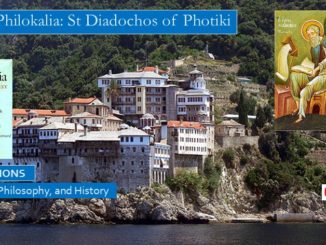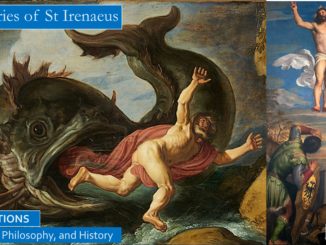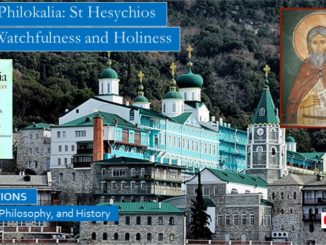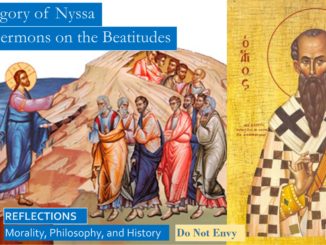
St Gregory of Nyssa, Beatitudes, Blog 3, Blessed are the Meek and Those Who Mourn
St Gregory of Nyssa teaches, “Blessed are those who are not easily turned towards the passionate movements of the soul, but who are steadied by reason.” “To boast of riches or to be proud of one’s family, to have regard to fame and to think oneself above one’s neighbor, all these human honors destroy and shame the honor of the soul. No righteous man would thus defile the purity of his soul. When humility is well established, wrath will find no entrance into the soul. If there is no wrath, our life will be in a settled state of peace. This is true meekness.” […]

